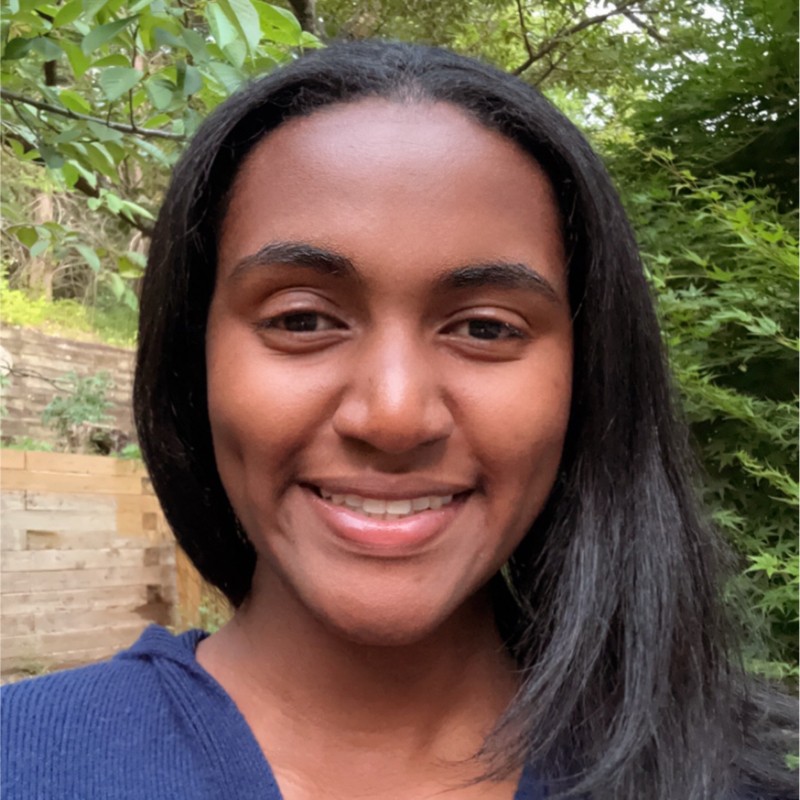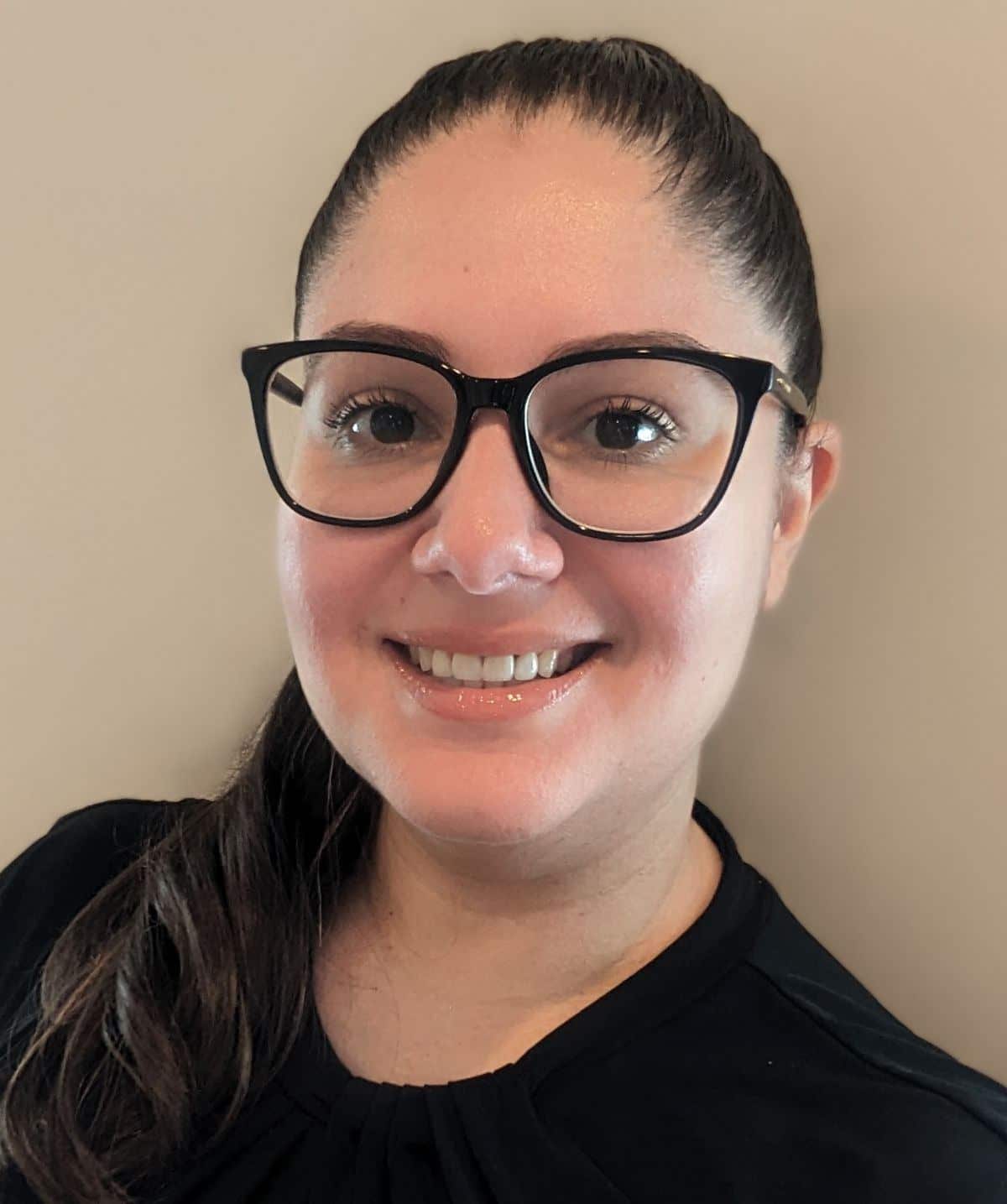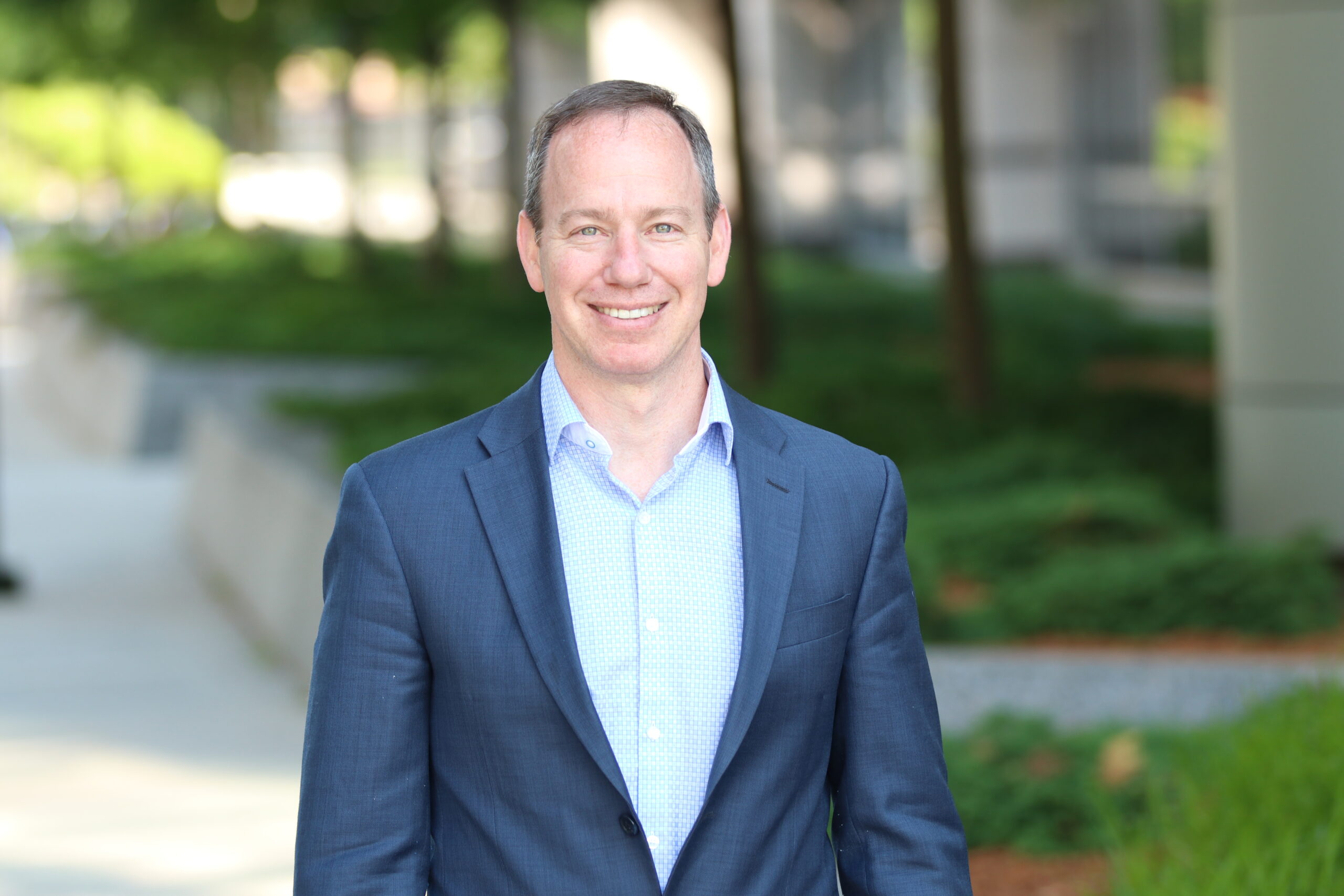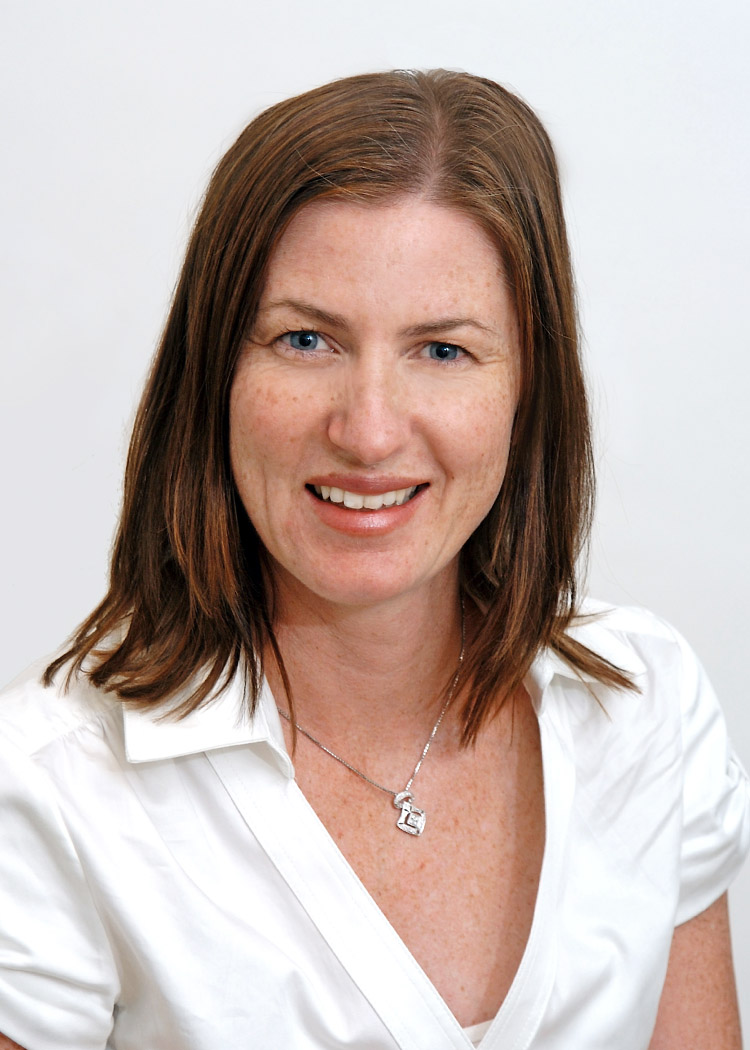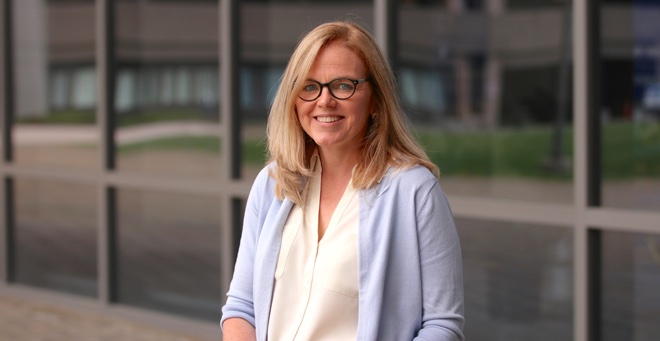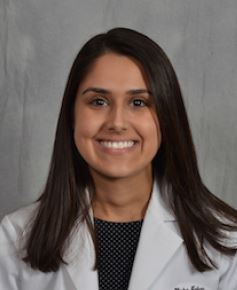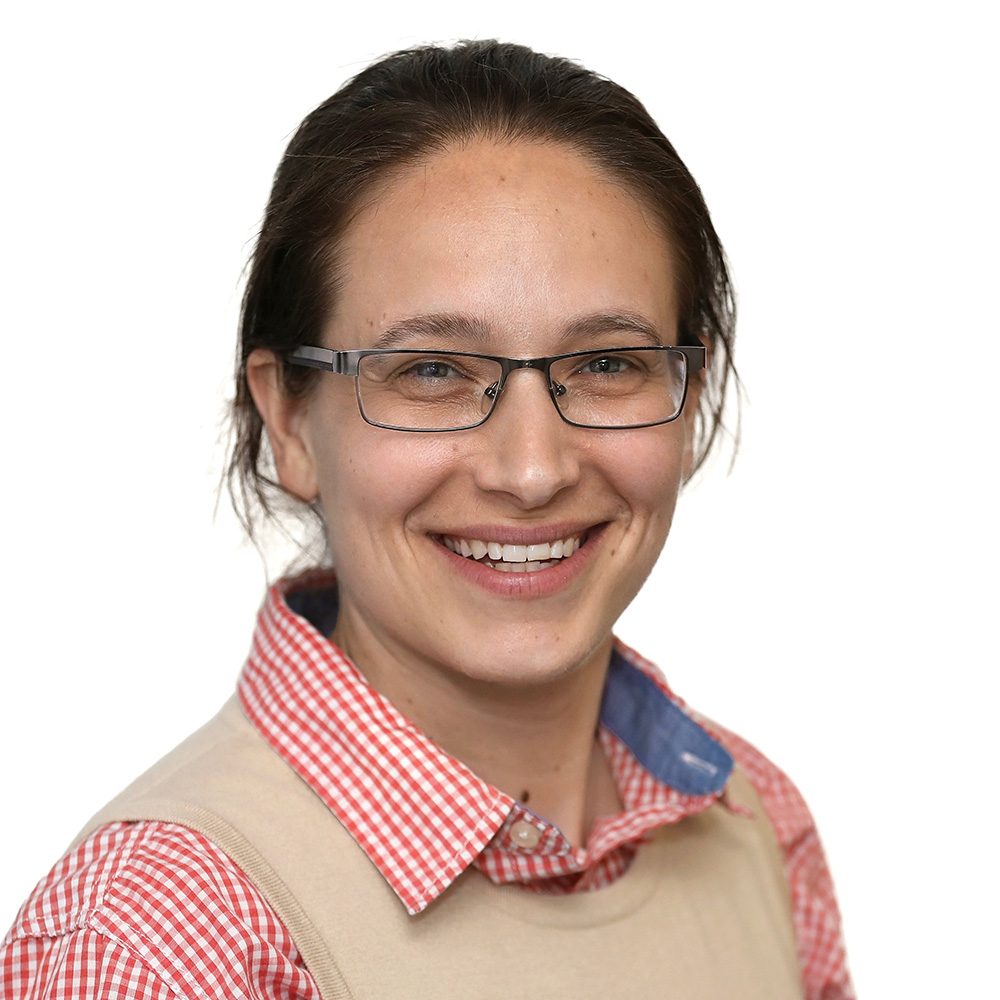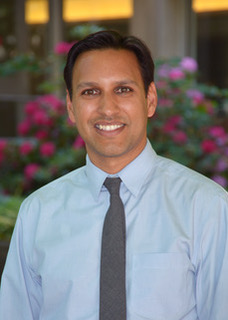The Collaborative Problem-Solving model (CPS) emphasizes “children do well because they can.” This contrasts with the more common belief that “children do well because they want to” (Massachusetts General Hospital, 2021). When this model was first introduced to me as a Mental Health Specialist (MHS), I did not understand the importance of these words. It was not until I experienced firsthand the effects of childhood trauma that I began to understand the vulnerabilities which can manifest in a child’s behavior.
He was pacing in the unlocked hallway, and as a shift supervisor, I was ultimately responsible for his safety. I asked him to move to the locked hallway, but he continued to pace towards the exit. To prevent him from eloping, I swiftly moved between him and the unlocked door; no amount of training could have prepared me for what happened next. He grabbed and twisted my fingers, then arms, before pushing up against me. His eyes were lifeless, signaling that he most likely had no idea where he was or what he was doing. He was nonverbal, and his actions and stare were fixed on me. He then grabbed the front of my neck, forced it downwards, and bit the back of it, two separate times. After trying to release his jaw from my neck, he took a step back and continued to stare at me. I realized he was experiencing a trauma response, and I was his victim.
This personal experience left me with more questions than answers. I contemplated for weeks what I had done wrong and what I could have done better to prevent the attack from occurring. It was not until I discussed my feelings of vulnerability and shame that I began to process. Processing required me to look at the biopsychosocial model, which considers the biological, psychological, and social factors and their complex interactions in understanding health, illness, and healthcare delivery. I learned more about my patient’s Autism Spectrum Disorder (ASD) diagnosis and significant cognitive delay, and his trauma history. Applying the biopsychosocial model helped me better understand the challenges he was experiencing and empathize with him.
Understanding the circumstances in which a patient lives and their trauma history is important to ensure medical and psychological providers can help advocate for appropriate resources and support for their patients and provide optimal care.
Currently, our healthcare system is not equipped to fully address trauma in our pediatric population. And yet, trauma in childhood is a pervasive problem.
Traumatic experiences that negatively impact a child’s mental and/or physical health are considered Adverse Childhood Experiences (ACEs). ACEs also include, but are not limited to, witnessing and/or experiencing violence. ACEs are all too common in childhood recent research shows that approximately 45% of the pediatric population experiences at least one ACE, and 14% experience two or more (National Conference of State Legislature, 2018). The literature goes on to explain that those who experience a higher number of ACEs are more likely to succumb to heart disease or cancer (National Conference of State Legislature, 2022). These traumatic experiences impact children’s health in the short and long term, and yet trauma remains under-researched, and pediatric providers are often not well-versed in identifying and treating trauma in young patients. It is time long past time we begin recognizing childhood trauma for what it is – a public health threat – and begin working to ensure our healthcare system and our healthcare providers have the right resources and tools to identify and treat trauma in childhood.
References
DeAngelis, T. (2007, March). A new diagnosis for childhood trauma? Monitor on Psychology.
De Bellis MD, Zisk A. The biological effects of childhood trauma. Child Adolesc Psychiatr Clin N Am. 2014 Apr;23(2):185-222, vii. Doi: 10.1016/j.chc.2014.01.002. Epub 2014 Feb 16. PMID: 24656576; PMCID:PMC3968319.
Massachusetts General Hospital. (2021). Collaborative Problem Solving®: Think:kids.
Northwestern University Feinberg School of Medicine. (2020, June 22). What is child trauma? Center for Child Trauma Assessment and Service Planning
Pai A, Suris AM, North CS. Posttraumatic Stress Disorder in the DSM-5: Controversy, Change, and Conceptual Considerations. Behav Sci (Basel). 2017 Feb 13;7(1):7. Doi: 10.3390/bs7010007. PMID: 28208816; PMCID:PMC5371751.
Tammy Jo Hill, A. G. (2022). How Common Are ACEs? Adverse childhood experiences.
Trauma-Informed Care Implementation Resource Center. (2022, July 7). What is trauma-informed care? – trauma-informed Care Implementation Resource Center.
U.S. Department of Health and Human Services . (2022). Understanding child trauma. SAMHSA.
About the Author
Janet Haas, RN is a Doctor of Nursing Practice (DNP1) student at UMass Tan Chingfen Graduate School of Nursing. Her DNP specialty is in Psychiatric Mental Health, and she will graduate with the Class of 2025. She received her BA in Psychology and Communications before finding her calling in her first job post undergrad. She became passionate about children facing inequities working as a Mental Health Specialist and decided to advance her knowledge and go back to school for Nursing. She hopes to work as an inpatient Psych NP in the future supporting the adolescent population suffering from trauma and emotional distress. She is dedicated to providing trauma-informed care to all current and future patients.



